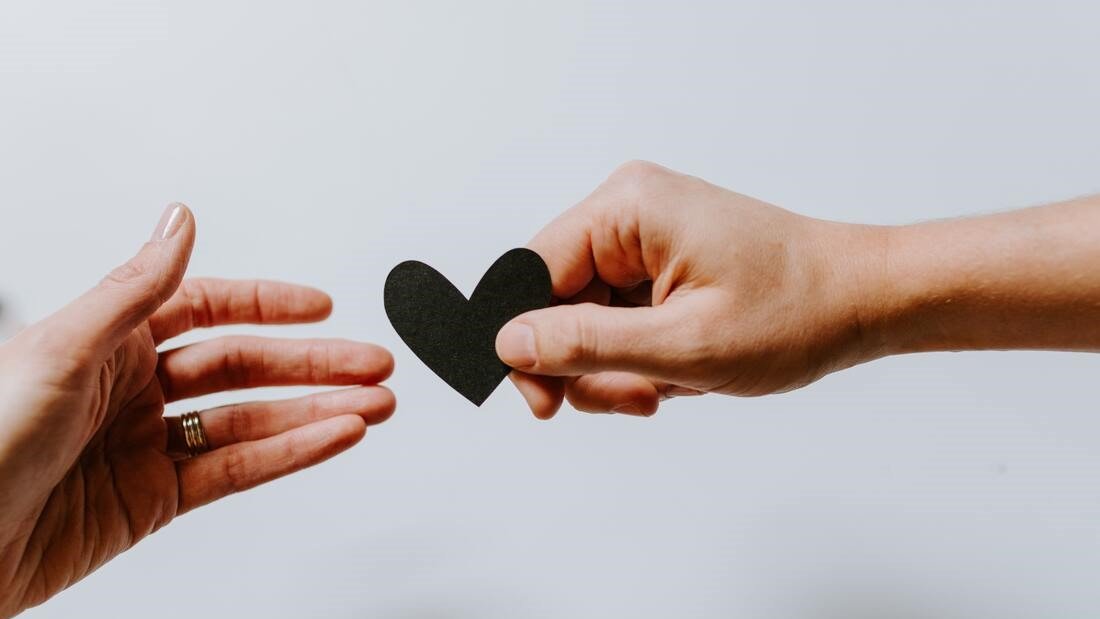Practice Gratitude, Not Guilt
As we navigate the effects of a global pandemic, I have been recommending my clients connect with a gratitude practice to maintain emotional well-being. Gratitude has an incredible way of grounding us; reminding us of our deeper values and essential needs. It helps us connect with our optimism and see the best in our community and in ourselves.
It’s natural to take pause in crisis to reflect on our blessings, but a word of caution about gratitude. Gratitude is not guilt. Pausing to take stock of what you appreciate should not become an opportunity to experience guilt or shame about how you have no reason to struggle. Thoughts like, “I shouldn’t complain”, “I don’t deserve to worry”, “I know this is stupid...but”. This form of comparison thinking can be detrimental to your mental health. In what ways are these thoughts mobilizing you to help yourself or others? How are they allowing you to be kinder to yourself or your larger community? My guess is they aren’t. Can you instead hold the understanding that you may have benefits in this moment; but you also have challenges?
This isn’t an excuse to turn away from the reality of hardship in others lives or deny your privilege; this is a way of holding space for the complexity of this experience. Others can be challenged with more hardship than you, but your sets of challenges are still important to recognize. Honoring your personal struggles, giving permission for sadness and grief to appear, will move you through this moment more gracefully than denying yourself the opportunity to feel. This is hard. This is scary. And yes- others may have it worse. But your experience of struggle needs space so that you can return to days where you feel hopeful and regain the ability give support to someone is need.

